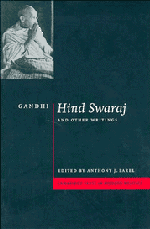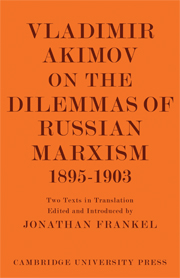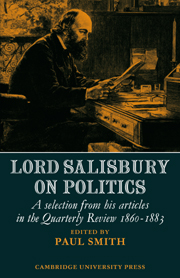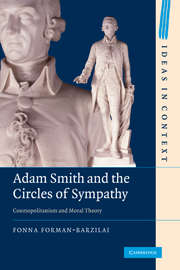Let us now consider the other side of the picture and see how these same Frenchmen, who were alike in so many ways, were nevertheless more isolated from one another than people perhaps anywhere else, and more even than they had ever been previously in France.
It seems quite clear that at the time the feudal system established itself in Europe, what has since come to be called the nobility did not immediately constitute a caste; rather, it originally comprised the foremost men and women in the nation and was thus initially merely an aristocracy. This is not an issue I want to discuss here. Suffice it to say that by the Middle Ages, the nobility had become a caste, by which I mean that birth was its distinguishing characteristic.
The nobility did retain one essential characteristic of an aristocracy, that of being a body of citizens who govern, but birth alone decided those who would stand at the head of this body. Anyone who was not born noble was excluded from this closed and separate class and occupied a position in the state that could be high or low but always remained subordinate.
Wherever the feudal system became established on the European continent, it ended in caste. Only in England did it return to aristocracy.
I have always found it astonishing that a fact that sets England apart from all other modern nations, and which alone can explain the peculiarities of its laws, its spirit, and its history, has not drawn even more attention from philosophers and statesmen than it has, and I am surprised that habit has ultimately made it all but invisible to the English themselves.






